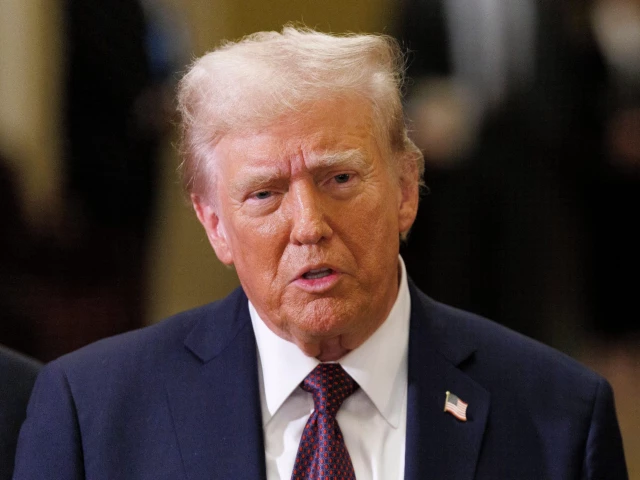Protecting Pakistan’s Industry: A Call for Action
As Pakistan faces mounting economic challenges—such as a growing trade deficit, rising unemployment, and the exodus of multinational firms—many experts believe it’s time for a serious shift in strategy. Analysts are advocating for a protective approach akin to the "America First" initiative championed by former U.S. President Donald Trump. This strategy emphasizes safeguarding domestic manufacturing to combat economic decline.
In a recent discussion on the Express news show "The Review," analysts Shahbaz Rana and Kamran Yousaf highlighted the importance of adopting assertive policies to protect local industries. They referenced Trump’s approach, which imposed tariffs and discouraged American companies from outsourcing, as a potential model for Pakistan. "We need to build, create, and grow more products in our country," is a sentiment that resonates not just in the U.S. but also within Pakistan’s borders.
Worryingly, Pakistan’s trade deficit has surged by an alarming 33% in just three months, reaching $9.4 billion. Major firms like Procter & Gamble, Telenor, Microsoft, and Gillette have either significantly reduced their operations or completely departed. Analysts attribute this downturn to sudden tariff cuts and rising operational costs, which have left local industries vulnerable, especially against dumped imports from China.
Sectors such as steel, electronics, and textiles are feeling the brunt of this crisis. Chinese exporters have been known to tweak product specifications to dodge anti-dumping measures, flooding the market with cheaper alternatives. The National Tariff Commission (NTC) has tried imposing duties, but the enforcement remains lackluster due to drawn-out legal battles and judiciary interference.
The situation is further complicated by local manufacturers facing structural disadvantages. A hefty corporate tax burden—at over 50% when considering additional taxes—combined with high utility costs, makes it extremely hard for local businesses to compete. The Free Trade Agreement with China has also opened doors to foreign goods without proper safeguards for local enterprises.
As factories close, unemployment continues to soar. The World Bank has linked rising poverty levels in Pakistan to an ineffective economic model that prioritizes trade over industrial growth. Analysts warn that if local manufacturers flee the market, the result will likely be higher prices and monopolies created by importers who initially flooded the market with cheap goods, leading to inflation.
Industry leaders are urging the government, led by Prime Minister Shehbaz Sharif, to act swiftly. Key recommendations include reinstating tariff protections for vulnerable sectors, speeding up NTC enforcement, reforming the judicial system to reduce litigation delays, and carefully revisiting trade agreements that jeopardize local industries.
The choice is clear for the government: either persist in fueling foreign industries while sacrificing jobs at home, or take decisive actions to bolster a self-reliant manufacturing economy. As Pakistan navigates these turbulent waters, adopting a protective approach could pave the way for sustainable growth.
In this challenging climate, staying informed and engaged is crucial. For those seeking more insights on economic strategies and industry trends, consider exploring resources from Pro21st. It’s a good time to connect and understand how these shifts could impact your business and the economy.





